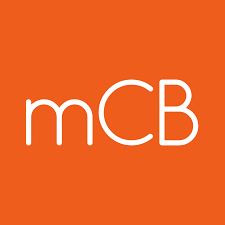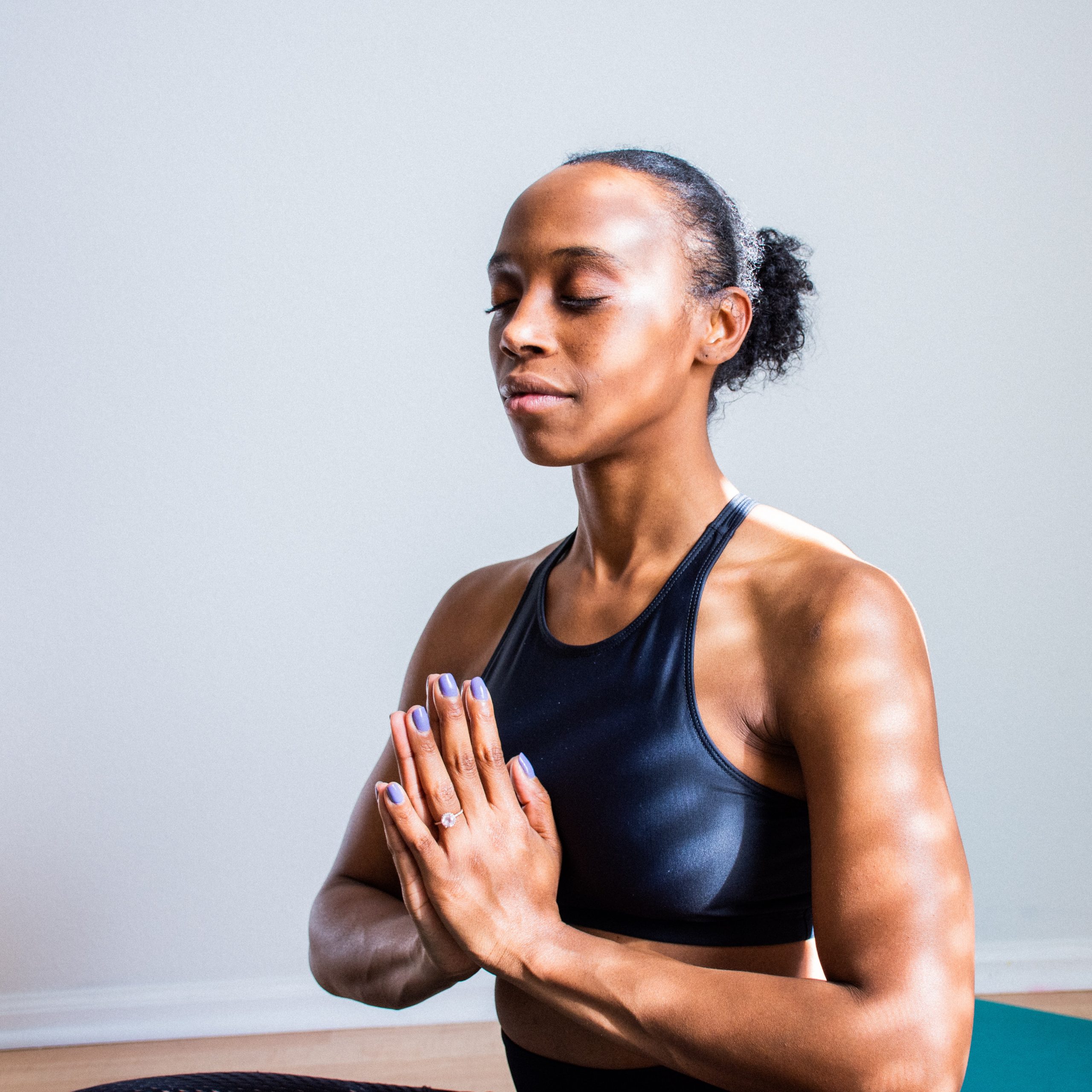
Self-Care for Caregivers
UPDATED: APRIL 25, 2023
- Caregiver Health Crisis – More families providing home care face stress-related health issues like poor sleep, skipped meals, and depression as Canada’s senior population grows.
- Mind-Body Solution – Meditation, yoga, tai chi, massage, and forest bathing reduce stress, improve sleep, and boost overall caregiver well-being.
- Self-Care is Vital – Prioritizing personal wellness isn’t selfish but essential for caregivers to maintain health and provide better care.
Self-care for caregivers is a crucial aspect of maintaining their well-being while providing care to others. Caregivers are facing unique challenges as they continue to care for their elderly loved ones while navigating new protocols in place. With hospitals and long-term care homes always at capacity, more families are taking on the responsibility of caregiving at home, which can be incredibly stressful.
Additionally, the Canadian senior population now outnumbers the young, with more people over 65 years old than those under 15 years old. But, it’s important for caregivers to prioritize their own self-care, as their well-being directly impacts the quality of care they can provide to their loved ones.
Reported Health Issues with Caregivers
Reported health issues among caregivers are numerous, including:
- poor sleep and sleep deprivation
- improper eating habits or skipping meals
- lack of exercise
- neglecting personal medical appointments
- increased risk of depression
- unhealthy coping mechanisms such as excessive alcohol or drug use, and smoking
It’s clear that caregivers are putting their own health on the back burner while prioritizing the care of their loved ones.
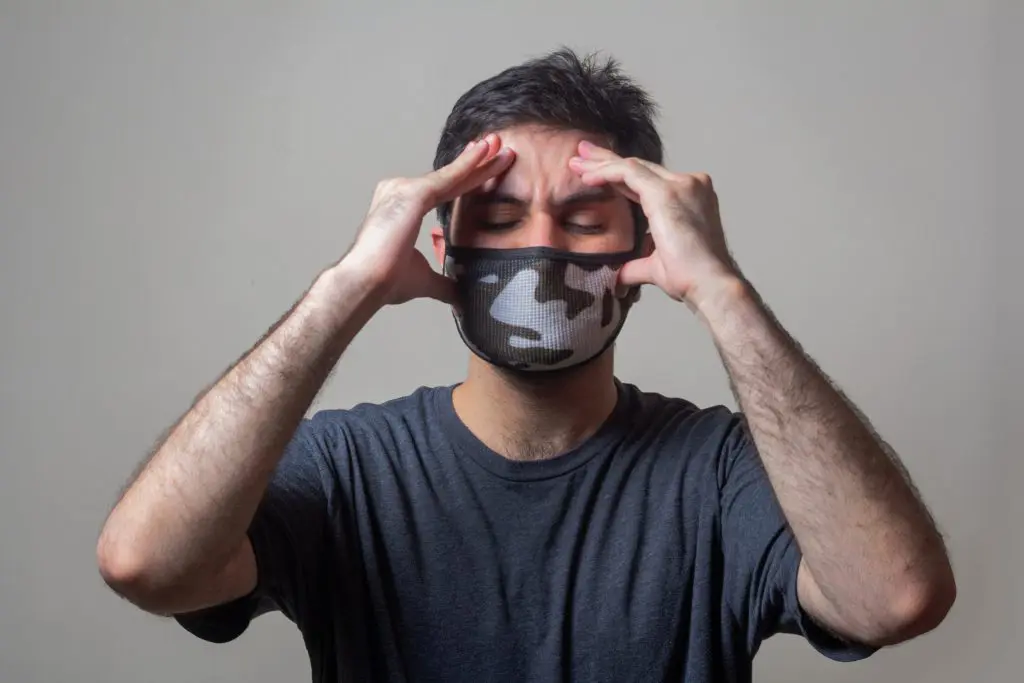
#1 Self-Care Tip for Caregivers
That’s why the #1 self-care tip for caregivers is to choose a mind-body practice. Meditation has been proven to reduce stress, anxiety, and depression, while also improving sleep and lowering blood pressure.
However, if meditation doesn’t resonate with you, there are other effective mind-body practices to consider, such as:
- Yoga improves overall quality of life, lower heart rate and blood pressure, relieve anxiety, depression, and insomnia, and increase flexibility, endurance, and strength.

- Tai chi, with its focus on breath work and meditation, has been found to reduce stress and anxiety
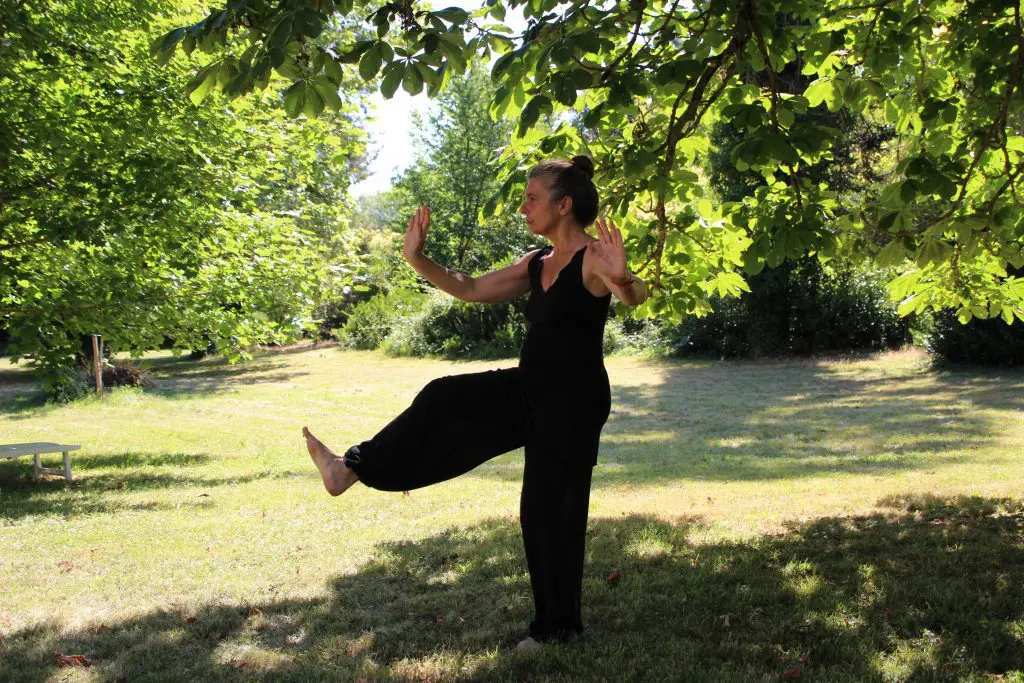
- Massage therapy is proven to boost immune function, improve circulation, reduce stress and pain, and lower blood pressure
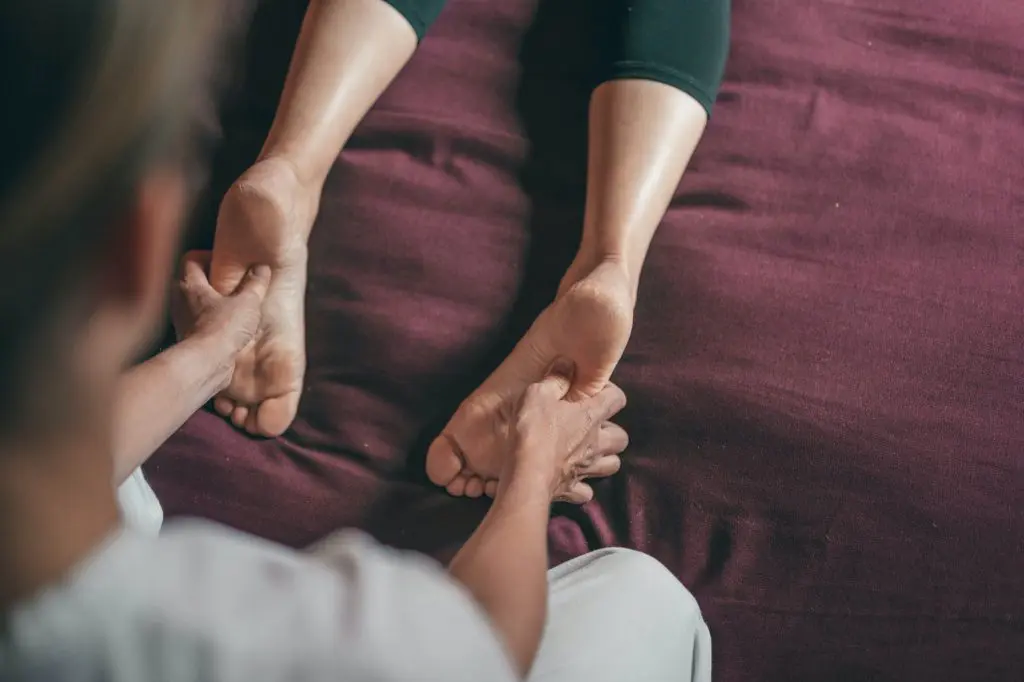
- Shinrin-yoku, or forest bathing, involves spending time in nature. Scientific research has shown that a 40-minute walk in the forest reduces stress, boosts mood, improves immune function, lowers blood pressure, and enhances mental performance and creativity.

You Matter Too
Caregivers matter too. In fact, here are some books we found to encourage self-care while caregiving in all sorts of scenarios. Caring for a loved one is both rewarding and draining. Self-care is essential for caregivers to maintain their own well-being and provide better care. It’s not selfish, but vital for their health and vitality.
Caregivers continue to play a vital role in the care of our aging population. By prioritizing self-care through mind-body practices, caregivers can ensure they are taking care of themselves, leading to better overall well-being for both themselves and their loved ones. Remember, caregivers, you matter too.
